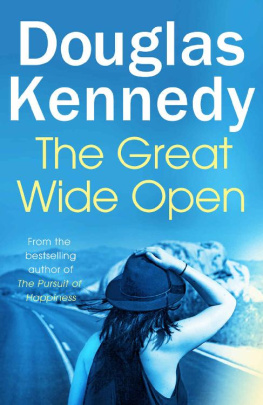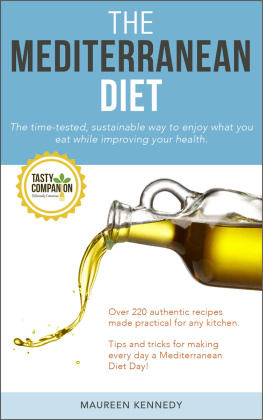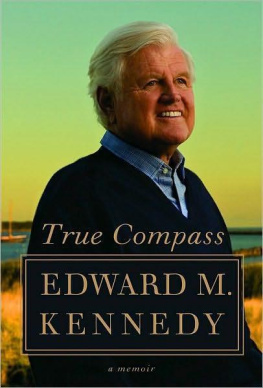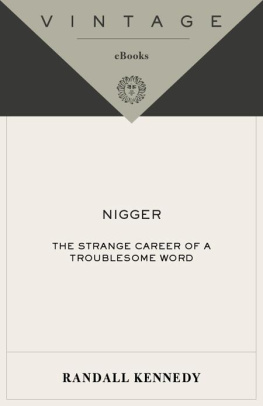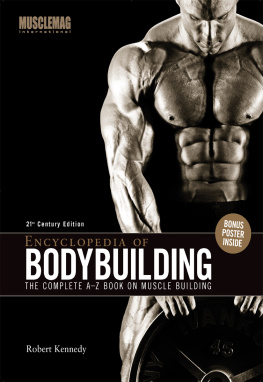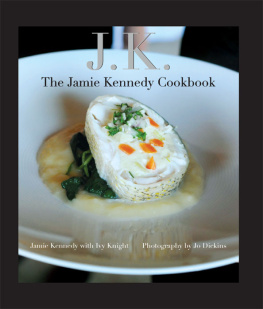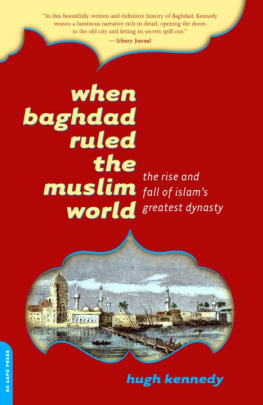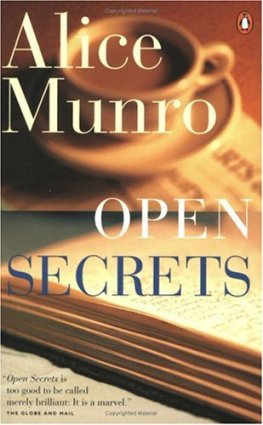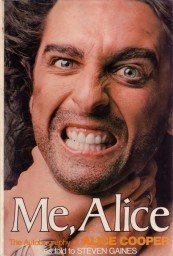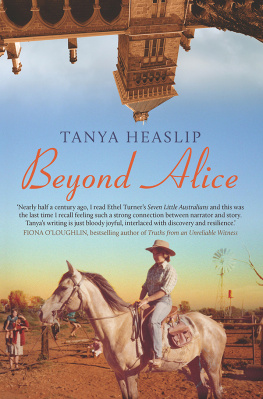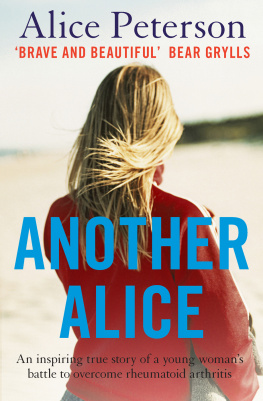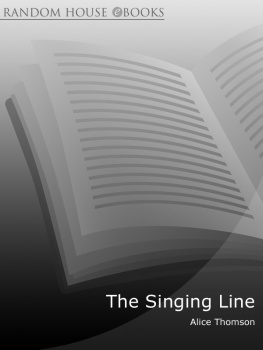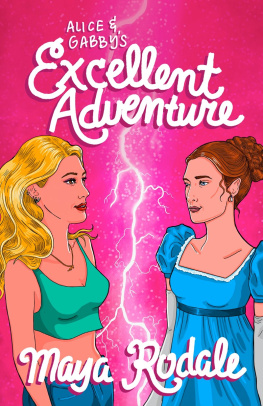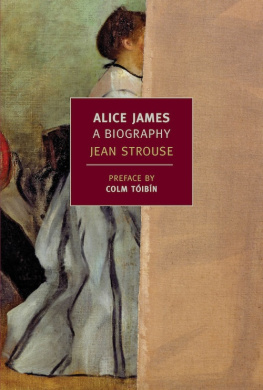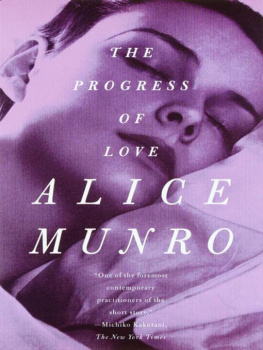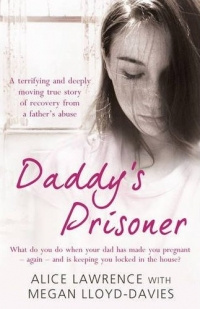Contents
About the Author
Douglas Kennedys previous twelve novels include the critically acclaimed bestsellers The Big Picture, The Pursuit of Happiness, A Special Relationship and The Moment . He is also the author of three highly-praised travel books. The Big Picture was filmed with Romain Duris and Catherine Deneuve; The Woman in the Fifth with Ethan Hawke and Kristin Scott Thomas.
His work has been translated into twenty-two languages. In 2007 he was awarded the French decoration of Chevalier de lOrdre des Arts et des Lettres , and in 2009 the inaugural Grand Prix de Figaro . Born in Manhattan in 1955, he has two children and currently divides his time between London, Paris, Berlin, Maine and New York.
ALSO BY DOUGLAS KENNEDY
Fiction
The Dead Heart
The Big Picture
The Job
The Pursuit of Happiness
A Special Relationship
State of the Union
Temptation
The Woman in the Fifth
Leaving the World
The Moment
Five Days
The Heat of Betrayal
Non-fiction
Beyond the Pyramids
In Gods Country
Chasing Mammon

For the ever-amazing Amelia KennedyMan is not what he thinks he is, he is what he hides.Andr MalrauxYouve walked those streets a thousand times and still
you end up here. Regret none of it, not one
of the wasted days you wanted to know nothing,
when the lights from the carnival rides
were the only stars you believed in, loving them
for their uselessness, not wanting to be saved.Youve traveled this far on the back of every mistake,
ridden in dark-eyed and morose but calm as a house
after the TV set has been pitched out the upstairs
window. Harmless as a broken ax. Emptied
of expectation. Relax. Dont bother remembering any of it.Lets stop here, under the lit sign
on the corner, and watch all the people walk by.Dorianne Laux, Antilamentation
All families are secret societies. Realms of intrigue and internal warfare, governed by their own rules, regulations, boundaries, frontiers. Rules which often make no sense to those outside its borders. We prize the family more than any other communal unit because it is the essential cornerstone of social order. When the external world turns harsh and unforgiving when outsiders who have intersected with our lives disappoint and even maim us the family is supposed to be the shelter toward which we are magnetically pulled. The repository of comfort and joy .
Given how we venerate this essential primitive construct, idealize its potentiality, crave it to be the one place to which we can turn for the possibility of unconditional love, is it any surprise that the actual reality of family is usually such a destabilizing one? All the flaws in the glass of the human condition are refracted one-hundred-fold within our next of kin. Because family is the place where all our grievances with the world begin. Because family is often internecine. Because family frequently becomes a source of confinement and ever-magnifying resentments. To grow up in a family is to discover that everyone has a talent for the surreptitious; that, for all the talk about being among the people who know you best, and who will always watch your back, you are all harboring secrets .
I reread that paragraph twice over, the words ricocheting around my psyche like some out of control pinball, a ding-dong cascade of distressing truths. I lit up another cigarette my eighth of the day so far, and it was only 3.20 p.m. I crumpled the now-empty packet on my desk, buzzed my assistant Cheryl and asked her to run downstairs to the machine in the lobby and pick me up another pack of Viceroys, as Id be working late on this manuscript tonight. Last night had been a particularly excessive one on the nicotine front, owing to my distress that wed re-elected our B-movie actor president for a second term. Staggering in late from a party Id been invited to in some Gilded Age townhouse off Gramercy Park, I discovered, among the many messages on my answering machine, one from C.C. Fowler. Hes the chairman of the publishing house where I ply my trade. And he sounded like hed had four cocktails too many as he informed me:
Hello, Alice. A quick thought: we need a fast book on Reagan as political game-changer because he is now about to become, for better or worse, the most influential president since FDR. Can we discuss this over lunch Thursday?
C.C. always did have his eye on the marketplace. But I couldnt help but think: who would want to buy a book on a president whom wed voted back into power with such a thundering second mandate? He won forty-nine of the fifty states last night, letting it be known: his brand of patriotic sentimentality and making money is everything spiel plays big time in mid-eighties America. I hit the button on my phone that put me in immediate contact with Cheryl, telling her to phone C.C.s assistant and suggest lunch this Friday as you know I will be leaving early Thursday.
Cheryl being someone I could totally trust (and believe me, in a publishing house, someone who keeps a secret is as rare as a happy alcoholic) already knew why I had to duck out of work at 1 p.m. tomorrow: I was visiting my brother in prison. The fact that he was locked up in a federal facility an hour north of Manhattan was hardly a state secret. His arrest and trial had been major news everywhere.
Id been paying him weekly visits ever since his incarceration a month or so ago. I got a letter a few days before the election, asking if I might be able to get up to the prison this week as I really need to see you and talk something through. He was vague about what topic this something happened to be, alluding to the fact that hed been thinking through so much. Soul assessing was the curious term he used. His recent letters to me were now peppered with the redemptive language of the newly converted. Maybe Im being too harsh here. Maybe I am still getting my head around the idea of My Brother the Felon. Maybe his newfound conscience since being sent up the river smacked of convenience especially since finding God in the joint strikes me as one of those de rigueur outcomes of felonious American life.
Still, he is my brother. And though our world views are seismically disparate ones how can a family produce, when it comes to basic sense and sensibility, such radically different children? my stubborn streak of loyalty has made me stick by him. Especially as familial fealty usually comes with a big subtext of guilt.
I called the prison and put my name down on the visitors list for Thursday at 4.30 p.m. As before, the official I was speaking to reminded me to bring some form of photo ID and warned me that I could, at the discretion of the prison, be body-searched and he read me, as before, the list of proscribed items (guns, knives, prescription and illegal drugs, pornography, and that dangerous substance known as chewing gum). When asked by the official if I understood what was not permitted I told him:
Its my fifth visit, sir. I always play by the rules.
I dont care if its your twenty-fifth visit. We always have to read you this list. Are we clear about that?
Yes, sir.
See you Thursday, Miss Burns.
On the train north through the suburban somnolence of New Jersey I continued work on the manuscript Id just bought from a Harvard Med School professor and psychoanalyst on Families and Guilt. Its a subject which just about everyone sentient can relate to; a book that might just break wide on the bestseller lists if I can curb Dr Gordon Gilchrists tendencies to veer into hyper-shrink vocabulary. Transference is something we can relate to especially when it comes to all the fun stuff bequeathed to us by dear old Mom and Dad. But start hitting the reader over the head with cathexis/decathexis , or Signorelli parapraxis , or the wonderfully labyrinthine realm of counterphobic attitude , and you have them feeling intellectually cowed and overwhelmed by terminology that can only be understood with an Oxford English Dictionary to hand. Ive spoken to Gordon about this and how, if he can scale back his cerebral gymnastics, he has a good shot at being next seasons must-read So You Think Youve Got Problems? tome. But even though my red pen was boxing out big chunks of far-too-technical text, I felt a sharp stab of objective identification when I happened upon the paragraph that started:
Next page
